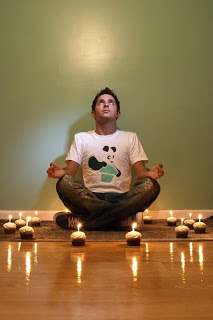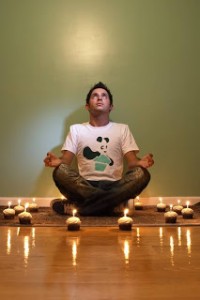Preparing for the S.A.D. Time of Year
 Each fall, clients come into my office saying, “I know it’s getting to be the holiday season but…” or “It’s just so dark all the time and it’s getting to me.” They’re noticing their moods darkening, their energy lagging, and their interest in life waning. It’s usually not that life is suddenly harder and more full of challenges than usual. Instead, what they’re describing is just – SAD. Seasonal Affective Disorder, a subset of depression.
Each fall, clients come into my office saying, “I know it’s getting to be the holiday season but…” or “It’s just so dark all the time and it’s getting to me.” They’re noticing their moods darkening, their energy lagging, and their interest in life waning. It’s usually not that life is suddenly harder and more full of challenges than usual. Instead, what they’re describing is just – SAD. Seasonal Affective Disorder, a subset of depression.
If you don’t know about SAD, the mood changes you experience during the darker months may feel inexplicable, confusing and maddening. But there is a reason so many people–an estimated 5 percent of us–feel lower and slower in the winter. SAD is real. As human creatures, we’re impacted by the environment, including darkness and light, in ways that scientists are just beginning to fully comprehend.
I want to write about this right now, in October, because so often SAD gets worse the less light there is and the further into winter we come. If you’ve dealt with SAD in the past, it’s likely not in full force right now, though you may notice uneasy apprehension, wondering how bad this winter will be. This is the time of year to be proactive and prepare. The good news is that phototherapy (the use of specific lights), talk therapy, physical movement, and all sorts of other strategies can help. You don’t have to feel SAD all winter long.











 he mindfulness craze is still going strong, with articles in today’s New York Times about
he mindfulness craze is still going strong, with articles in today’s New York Times about 